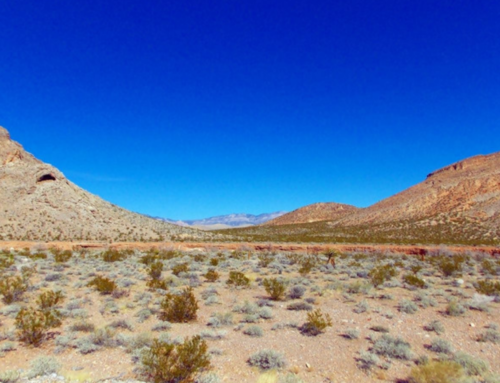I’m a sucker for Moby Dick.
An enthusiast, devotee, zealot, addict.
Whatever name you want to call it. In fact, I keep a copy of Melville’s novel on my nightstand because I’m convinced next to God’s Holy Word it’s about the only book that has the profound wisdom we need to hear about man’s shambolic pursuit of God.
I’m talking about our striving.
Our insurmountable struggle to reach for the invisible. To define the indefinable. To capture the uncapturable. Deep down in our souls. Because like Ahab, don’t we all desperately want to find God? Don’t we want to see Him show up, to experience Him intimately, to discover Him like a great white whale rising powerfully up through the churning, up-and-down sea of circumstances that make up our lives?
Go ahead, you can laugh.
I usually get strange looks when I talk about it anyway. I mean, to be honest, this book is a “whale of a tale,” quite literally. Make it through all one hundred thirty-five chapters, not to mention the epilogue, and you deserve a trophy. And some pizza.
Still, I don’t think Peter would be laughing.
When Jesus told him to “put out into deep water,” Peter knew exactly what Jesus meant (Luke 5:4 NIV). He understood Ahab’s soul battle. All our soul battles. He knew firsthand the striving and the stark emotional contrast that comes between life on land and life at sea.
When Jesus told Peter to “put out into deep water,” you see, a whole crowd had gathered. This scuffling horde wanted to hear Jesus speak, to watch Him move. Like spectators swarming a crooning street performer, they came to the shore that day to be entertained and to see what scandalous tidbit Jesus might say or do next.
So here on the lee side of the shore, they sat. Content, relaxed. Feeling the gentle breeze blow up off the water and onto their faces.
And why not?
“In the port is safety, comfort, hearthstone, supper, warm blankets, friends, all that’s kind to our mortalities,” writes Melville.
Frankly, it’s comfortable there. Right there on the lee shore. So very comfortable. All these onlookers had to do was observe. They weren’t invested. They had no vested interest. They could walk away anytime and never rock the boat.
Not so at sea, is it?
In the water, boats always rock. Waves break. Storms roll. Here faith is risky. Here faith requires commitment and some good old-fashioned chutzpah even while knees are shaking, teeth are chattering, and nerves are fraying.
As a fisherman, Peter understood this reality. But he also understood that a ship is supposed to be out.
Out there. Out in the deep.
That’s its purpose, its destiny. To be out on the mighty, wild waves where seafaring becomes more than lip service and navigation no longer depends solely on sight.
As believers, we are called there too.
Out there. Out in the deep.
Away from what’s comfortable. Away from the status quo. Away from what’s “kind to our mortalities,” as Melville puts it. Those things that numb us, distract us, keep us from the truth that life is short. Time is precious. All we really have is now, ultimately. Now, to get out there. Now, to get out in the deep.
After all, isn’t that where God resides?
Out in the deep?
Out there is where we find Him. His essence. His tangible presence. Out in the deep is where we inhale and exhale our faith like salty sea air. We soak in His outpouring of love made touchable through Jesus (John 15:13). We find answers to our burdensome questions (Luke 11:9-10). We find healing for our gaping wounds (1 Peter 2:24). We discover who we are, who God has uniquely created us to be.
Out there. Out in the deep.
In that place we get to experience God as our Abba Father, Daddy to the fatherless (Psalm 68:5). There we encounter Jehovah Raphe who restores brokenness, who celebrates prodigal daughters and sons returning (Luke 15:11-32). We find Jehovah Jireh who meets our innermost needs for significance, belonging, security, hope, love, freedom, joy. Needs no person could ever fully supply.
Out there. Out in the deep.
Peter got this, which is why in spite of exhaustion, in spite of feeling worn down and defeated, he still got in his boat and set out onto the open waves. He still “let down the nets” (Luke 5:5). He still obeyed Jesus’ leading. And what he caught was more fish than his nets could carry. More truth than his mind could fathom. More conviction, more passion, more compassion than his heart could hold.
That’s why we must all go.
Out there. Out into the deep.
We must choose like Ahab and his other scabrous sailors to go. We must choose like Peter did with the rest of Jesus’ disciples to go. We must steer our souls beyond the lee shore, past the niceties that keep us strangling in our own comfort and go.
We must go.
And we must do it often. Because “in landlessness alone resides highest truth.”
At least Melville thinks so.
And so do I.
Have you entered into the springs of the sea or walked in the recesses of the deep?
Job 38:16







Leave A Comment